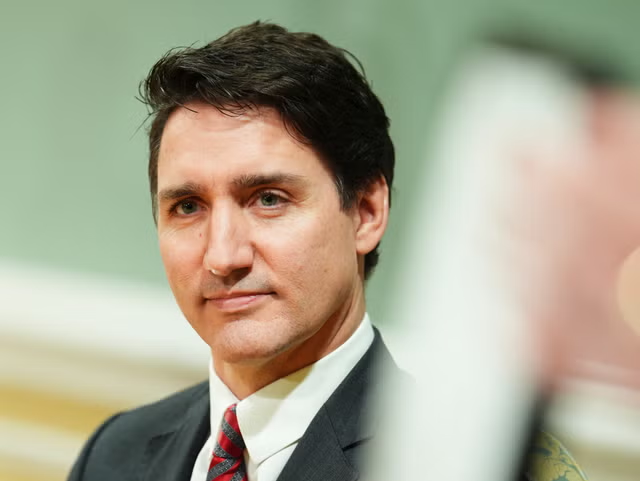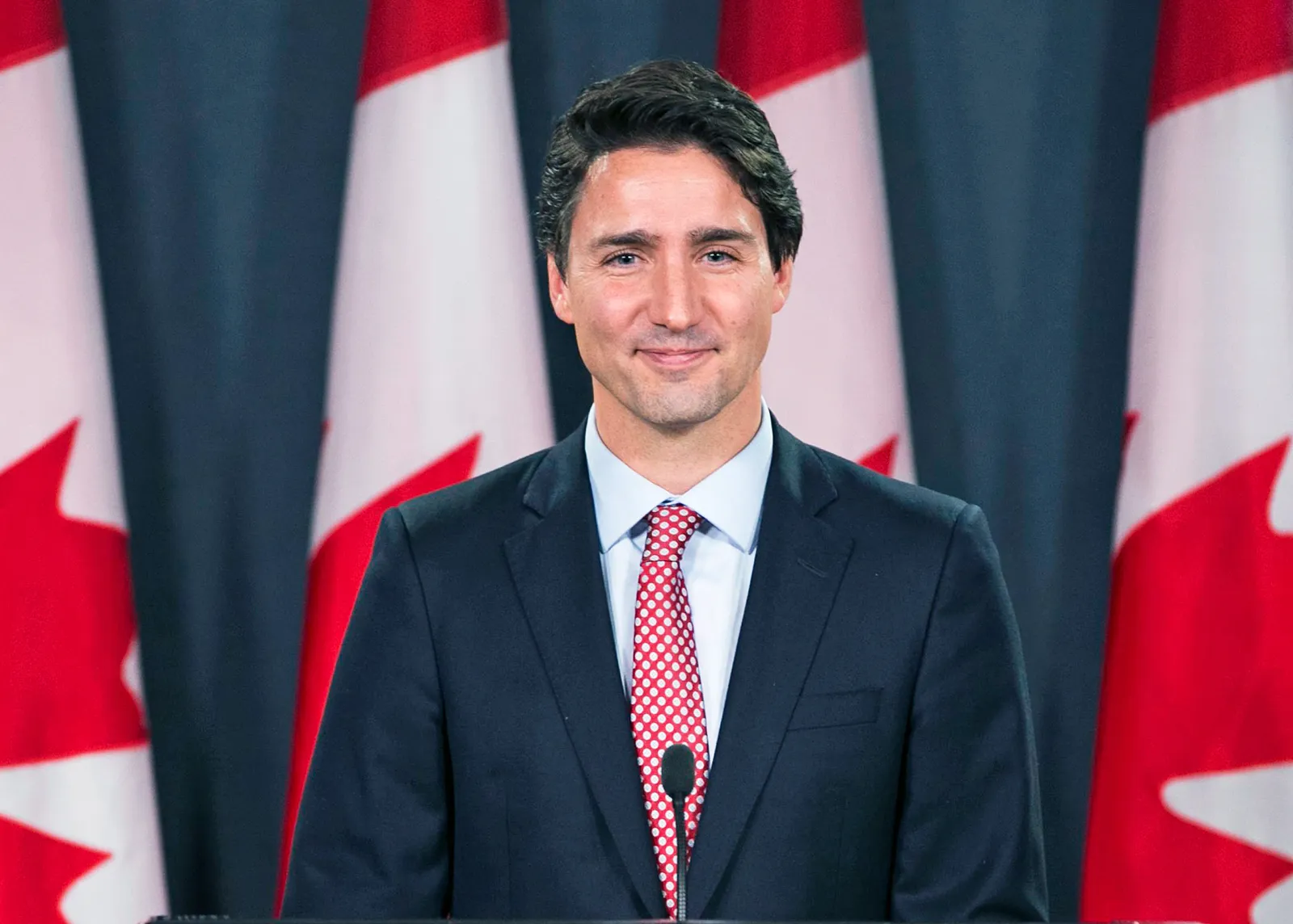Canadian Prime Minister Justin Trudeau is reportedly preparing to step down, ending nearly a decade-long tenure as leader of the Liberal Party and the country. Sources close to the matter have suggested that Trudeau, 53, may announce his resignation as early as Monday. If true, this marks a dramatic turn in Canadian politics, one that’s already sending shockwaves through the Liberal Party.

Rumors Swirl: Will Trudeau Really Resign?
The buzz about Trudeau’s potential resignation has been building for weeks, with insiders telling Reuters and the Globe and Mail that his departure is imminent. The whispers became louder over the weekend, as speculation mounted that Trudeau wants to bow out before an emergency meeting of Liberal legislators scheduled for Wednesday.
While no official announcement has been made, Trudeau’s exit could throw the ruling party into disarray. Polls already show the Liberals trailing the opposition, and the loss of their leader—a figure synonymous with their recent identity—could deepen the crisis. If an election is called, Canadians will head to the polls no later than October, setting the stage for a politically charged year.
Internal Struggles and Mounting Pressure
Trudeau has faced mounting internal pressure to resign, with party members reportedly growing restless in the wake of recent controversies. The resignation of Chrystina Freeland, his deputy prime minister and finance minister, in mid-December was a particularly stark blow. Freeland’s exit, reportedly fueled by sharp disagreements over handling U.S. President-elect Donald Trump’s proposed 25% tariffs on Canadian goods, highlighted the fractures within Trudeau’s cabinet.
“This wasn’t a sudden decision,” one source noted, referring to Freeland’s resignation. “It’s been simmering for months.”
Freeland’s resignation sent ripples through the party, with some members questioning Trudeau’s leadership amid growing economic challenges. The tariffs, which could deal a severe blow to Canada’s economy, have further strained an already tenuous relationship with the United States. Trudeau’s perceived inability to navigate these crises has only amplified calls for change.
Trudeau Keeps His Cards Close
So far, Trudeau has stayed tight-lipped about his plans. His office has declined to comment on the resignation rumors, and his public schedule for Monday shows he’s slated to attend a virtual cabinet committee meeting on Canada-U.S. relations. Is this the calm before the storm? Or a sign he’s digging in for a fight? No one seems to know for sure.
What is clear is that the timing of his potential resignation would be critical. If Trudeau steps down before a successor is in place, the party could face a leadership vacuum at a time when it desperately needs stability. Some insiders suggest he might stick around until a new leader is chosen, but others aren’t so sure.
What’s Next for the Liberals—and Canada?
Should Trudeau leave, the Liberal Party faces an uphill battle to rebuild its image and regain public confidence. With polls suggesting the opposition is gaining momentum, the stakes couldn’t be higher. Trudeau’s departure would also mark the end of an era, one that’s seen both triumphs and turbulence for the party.
For now, Canada waits. Will Trudeau deliver a bombshell announcement in the coming days? Or will the rumors prove to be just that—rumors? Either way, the next chapter in this political drama is sure to be one for the history books.
Why Bill Ackman is ‘confident’ Trump will privatize Fannie Mae and Freddie Mac



